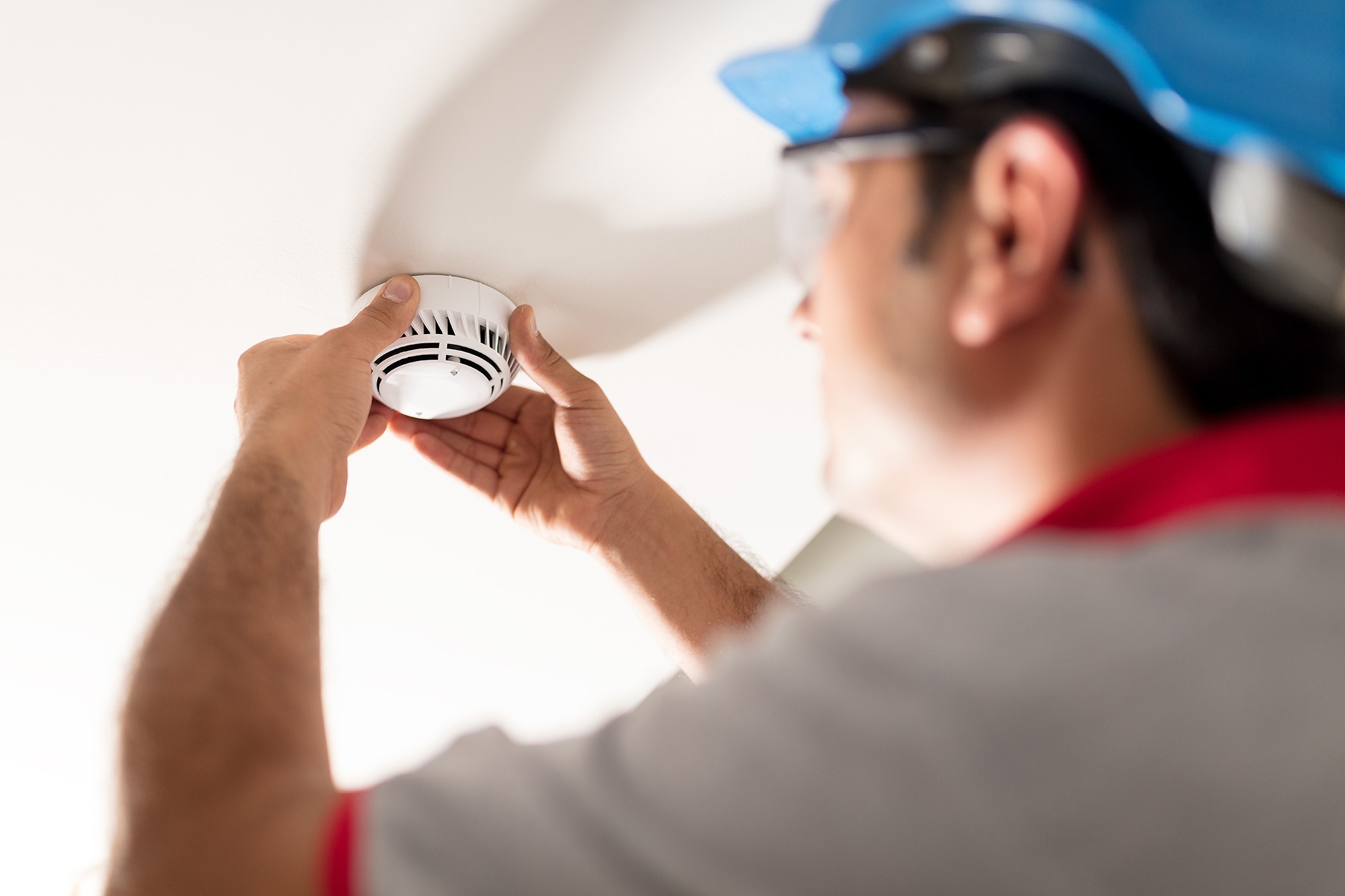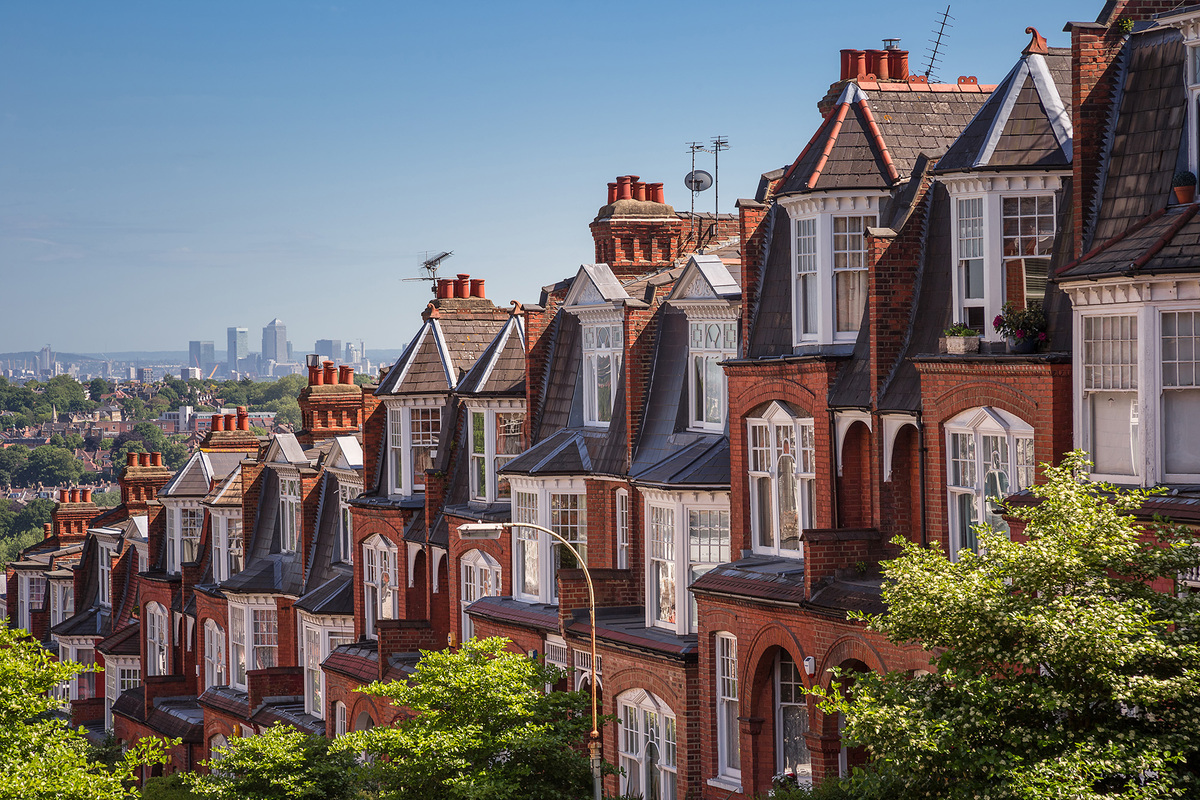Will This Feasibility Study Make or Break Digital Twin Use?

After a partnership of organisations began work on a feasibility study for using a digital twin to boost decarbonisation efforts across the East of Birmingham, Housing Industry Leaders highlights the core objectives of the study.
The University of Birmingham, Birmingham City Council and Siemens aim to apply the digital twin model to energy and transport infrastructure across East Birmingham and Tyseley Environmental Enterprise District (TEED).
To provide a digital testbed for modelling and analysis across various innovations, the study will test the feasibility of monitoring smart homes, clean air zones and neighbourhood growth strategies ahead of any investment.
Savings Costs While Enhancing Scalability
This will help cut costs and save time over the life cycle of smart city projects. Looking more closely at the report, its purpose is to describe how a digital twin could enable scenario planning for energy-related retrofit activities.
As scalability is a core aspect of smart innovations, the study could test plans locally before being scaled up in the digital world.
Acceleration Potential Could Be Faster Than Ever Before
Professor Martin Freer, director of the Birmingham Energy Institute, said: “Digital twins provide cities with a bridge between the real and digital world, where smart buildings and infrastructure share information with a virtual environment.
This technology has huge potential to accelerate decarbonisation, and it’s exciting to see this work taking shape in East Birmingham
Adding to this, Cllr Jayne Francis, cabinet member for digital, culture, heritage and tourism, said: “A digital twin for Birmingham would give us a joined-up planning tool to help tackle the big challenges facing us like moving to net zero and levelling up. This feasibility study for East Birmingham is a first step to realising this reality.”

